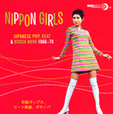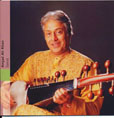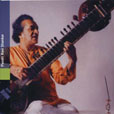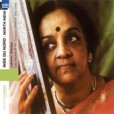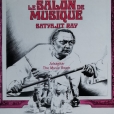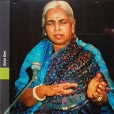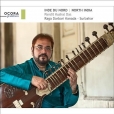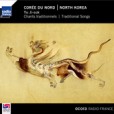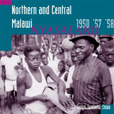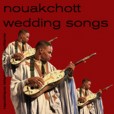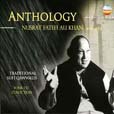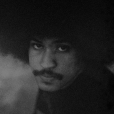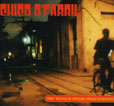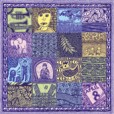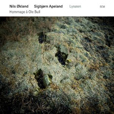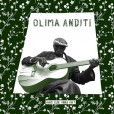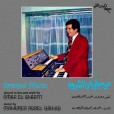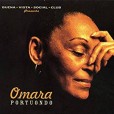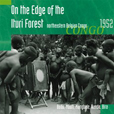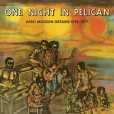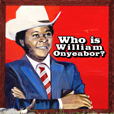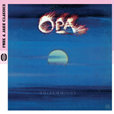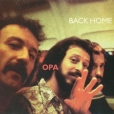Your basket is empty

Sexy and ardent, this is great fun.
Masterful performances of two ragas. Liquid, luminous, swinging.
The sitar maestro recorded in 1986, performing two raga and a dhun in the classical style of the Senia Beenkar Gharana, with its focus on melodic and rhythmic elaboration.
Kushal Das is a master of the surbahar, a kind of bass sitar, with long sustain, ideally suited to this profound and elevated, tricky and subtle, darkest-night raga, recorded in concert at the Radio France Auditorium in Paris.
The singer Yu Ji-suk, with a 10-piece ensemble of choir and percussion, performing the Seodo Sori repertoire of the north-west provinces. Nostalgic, dynamic folk songs, rooted in everyday life.
The bangwe zither, the one-stringed karigo lute, the kubu bow, the kalimba, malipenga gourd-kazoo marching music, choral and polyphonic singing.
This is lovely.
Brand new, rambunctious, rootsy, spiritual brass-band music from Lagos, with singing, drums and home-made percussion.
Obadikah is a group of old friends who play together in the Cherubim & Seraphim and Baptist churches of the Ikeja and Isale Eko districts. A couple of them were founder-members of the Eko Brass Band; they’ve played with pretty much all the key Nigerian reggae artists.
The tunes are mostly traditional Yoruban melodies, often sung at bed-time. The songs are mostly original, sung in Yoruba (though Jomido is an Egun song from the Badagry area of Lagos state).
Violin or hardanger fiddle, piano or harmonium duets: moody, contemplative, melodic crossings of Norwegian folk and classical in the manner of its nineteenth century muse. Recommended.
Olima Anditi is a blind guitarist beloved throughout Western Kenya for his old Luo songs about love, morality and politics. This warmly intimate session was recorded in his room in Kisumu, in 2010. Like Usiende Ukualale, it’s lovingly presented, with a colour booklet.
Hypnotic variations of the compositions of the legendary Mohamed Abdel Wahab, on early electronic keyboards like the Steelphon S900 and the Farfisa, cut with El Shariyi’s hip, whizzy jazz and pop stylings. Ana Wa Habibi is here; and the classic Ahwak, made famous by Abdel Halim Hafez and Fairuz. Originally released by Soutelphan in 1976.
Musical interaction between the Mbuti pygmies and the Nande, Bira, Mangbele and Budu peoples living on the edge of the Ituri rainforest in the northeastern Belgian Congo.
Opening in 1973, tucked into a tangle of railway parts scattered across an industrial park at the western edge of Orlando East, Club Pelican was Soweto’s first night-club, and its premier live music venue throughout the seventies.
Pretty much everyone on the scene passed through its doors — to sing, or perform in the house band, or hang out. Schooled in standards, and fluent in the local musical vernacular, the music would take off in different directions at a moment’s notice — SA twists on jazz, funk, fusion, disco — spurred by the sounds coming in from Philadelphia, Detroit and New York City.
One Night In Pelican encapsulates these halcyon times, with a musical roll call of all the key groups and players, besides evocative, previously-unseen photographs, cover artwork by Zulu ‘Batsumi’ Bidi, and notes by Kwanele Sosibo, lit up by a gallery of first-person testimony.
The Uruguayans’ first, best Milestone album — Airto producing, Hermeto Pascoal guesting, with the jazz-dance bomb African Bird. A buzzing, seamless blend of jazz-fusion flash with diverse rootical influences.
